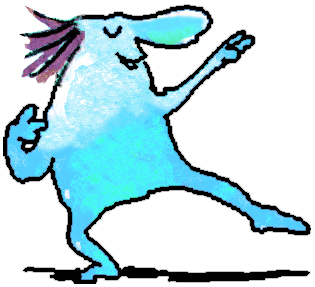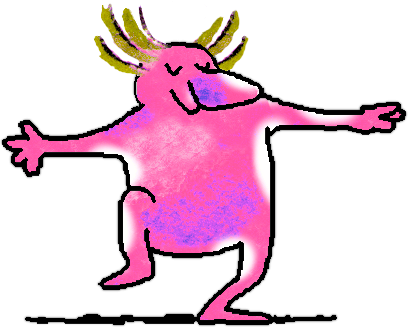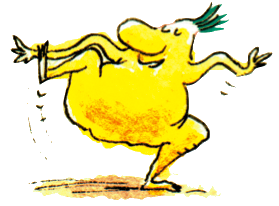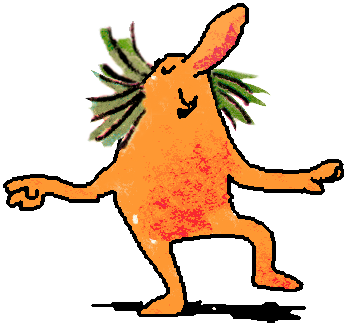Edly's Music Theory for Practical People
Edly’s Music Theory for Practical People is the book that makes learning theory easy and fun—or at least, easier and funner. It’s written for anyone, teen to adult, wanting to understand what’s going on inside music, regardless of musical style or instrument: rock ‘n’ rollers wanting to broaden their musical horizons, jazzers needing more knowledge of chords and scales, theory students needing supplementary help, or classically trained folks wanting to better understand their Chopin… or branch into popular styles or read from fake books.
If you’ve been put off by boring theory books in the past, you owe it to yourself to check this book out. If you thought that learning music theory had to be a nail-biting, hair-pulling affair, or that you didn’t have what it takes to understand how music works, this book will change your mind. The writing is clear and informal; friendly and fun. Further, each topic is accompanied by an explanation of what it is, how it’s used, and why it is helpful. The book’s casual tone sets it apart from most textbooks, making music theory inviting at last. Lively and plentiful illustrations by artist Peter Reynolds complete the effect.
Regardless of what styles of music you play—even if you don’t know how to read music—Edly’s makes theory approachable, enjoyable, and more easily understood than any other theory book.
The Fun Way To Learn Music Theory!
 For all instruments and singers - Music notation examples are written in both treble and bass clefs, except for the most advanced ones. (Sorry, fellow viola players, no alto clef.)
For all instruments and singers - Music notation examples are written in both treble and bass clefs, except for the most advanced ones. (Sorry, fellow viola players, no alto clef.) Even if you don't read music! With this book, you can learn theory even if you don’t read music: music notation examples are also written in rocker- and folkie-friendly text, diagrams, or charts.
Even if you don't read music! With this book, you can learn theory even if you don’t read music: music notation examples are also written in rocker- and folkie-friendly text, diagrams, or charts. Cross-stylistic Stylistically- and instrumentally-inclusive, this book doesn’t discriminate, roping in concepts from many different musical genres.
Cross-stylistic Stylistically- and instrumentally-inclusive, this book doesn’t discriminate, roping in concepts from many different musical genres. Ask Edly Readers are invited to email in questions if necessary. And the questions actually get answered. How many theory books can claim that?
Ask Edly Readers are invited to email in questions if necessary. And the questions actually get answered. How many theory books can claim that?
